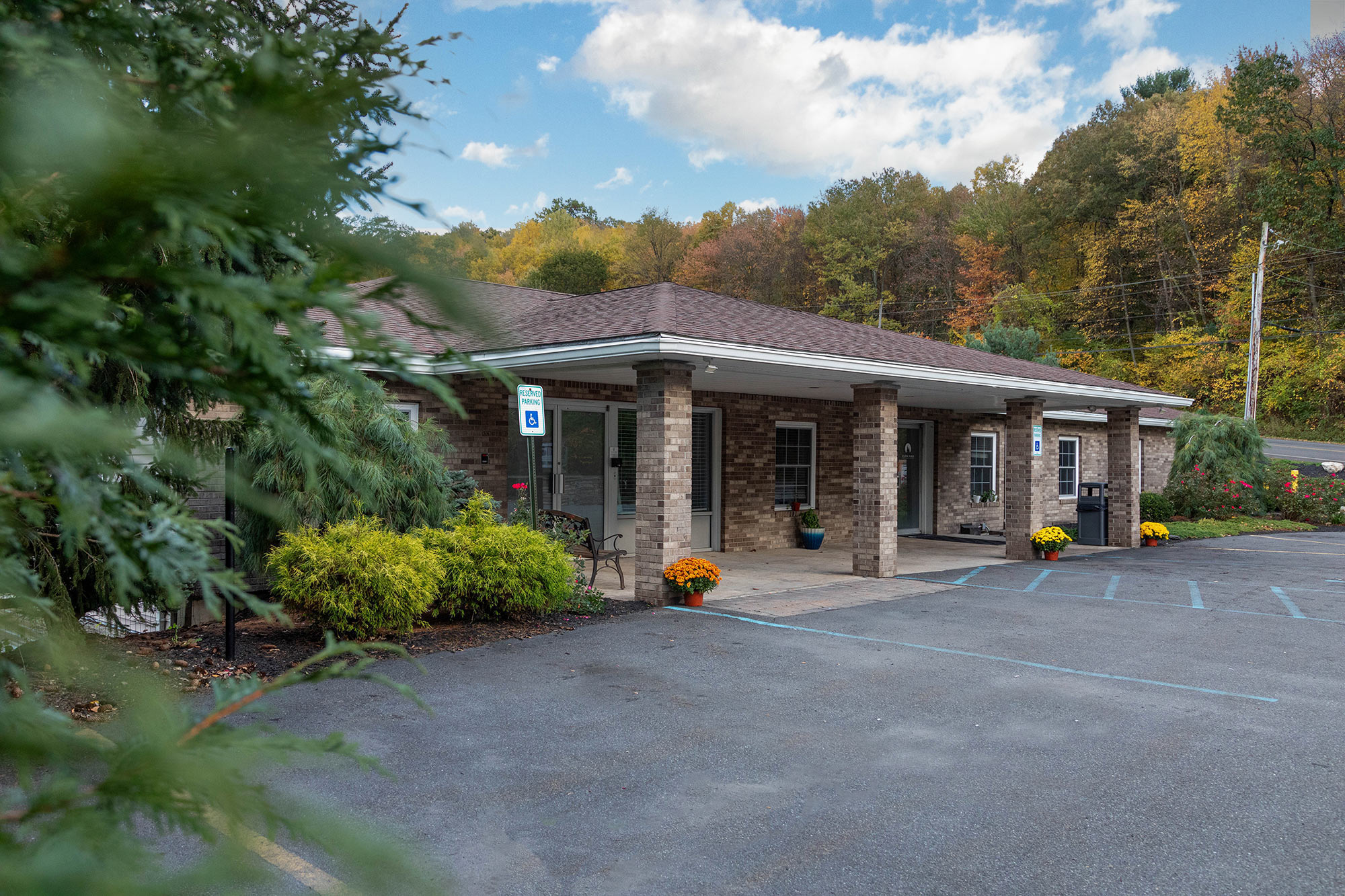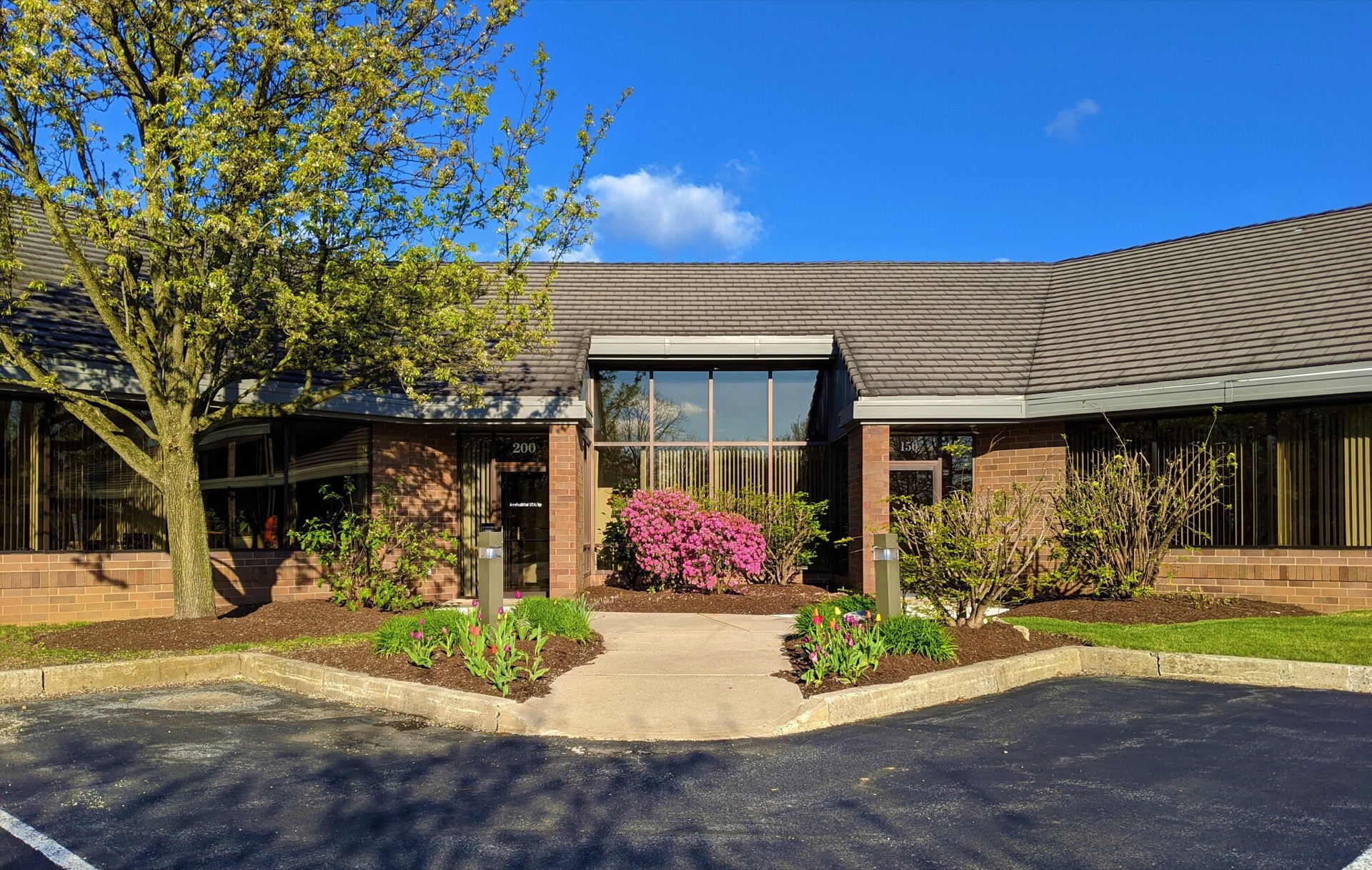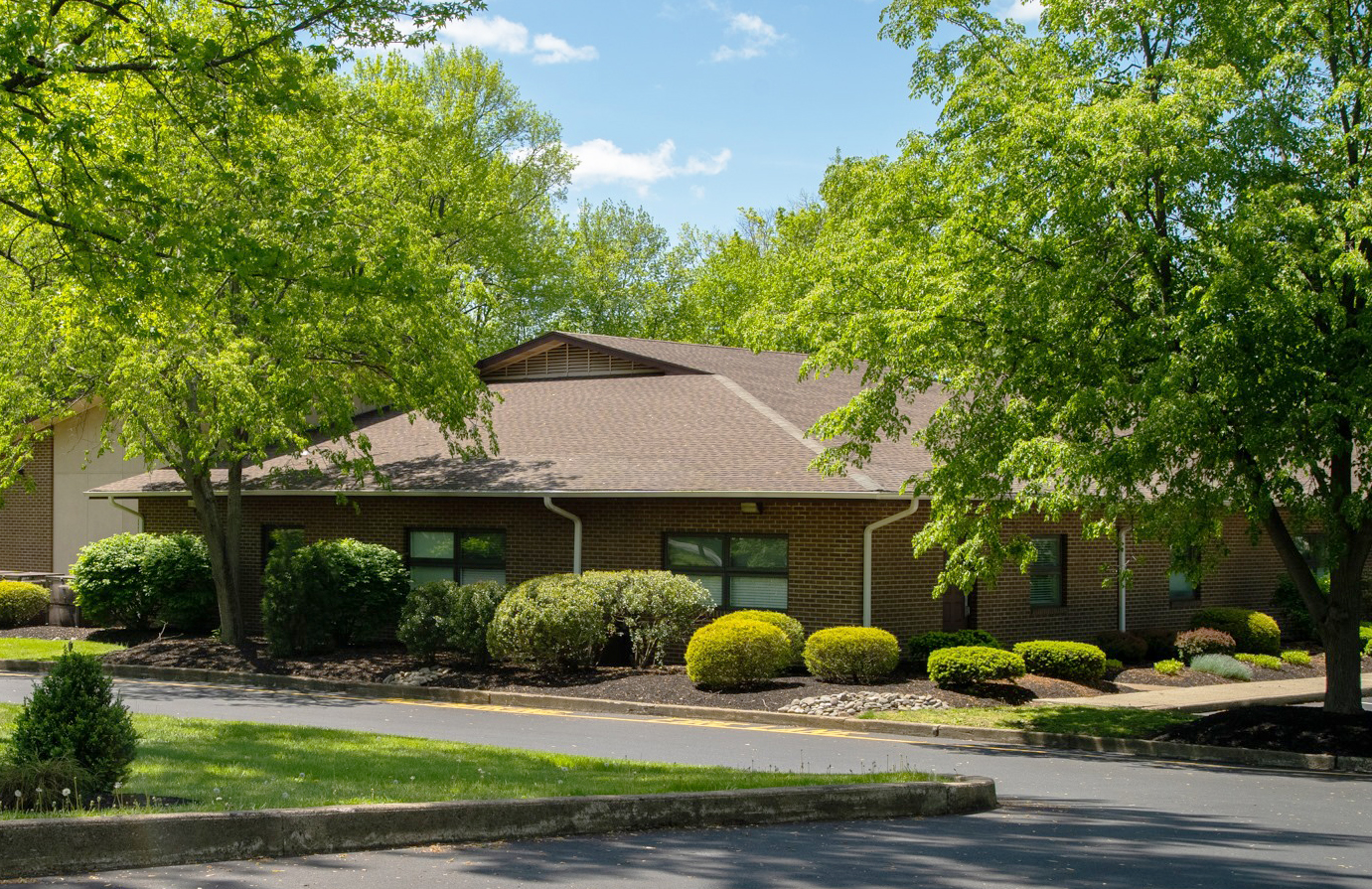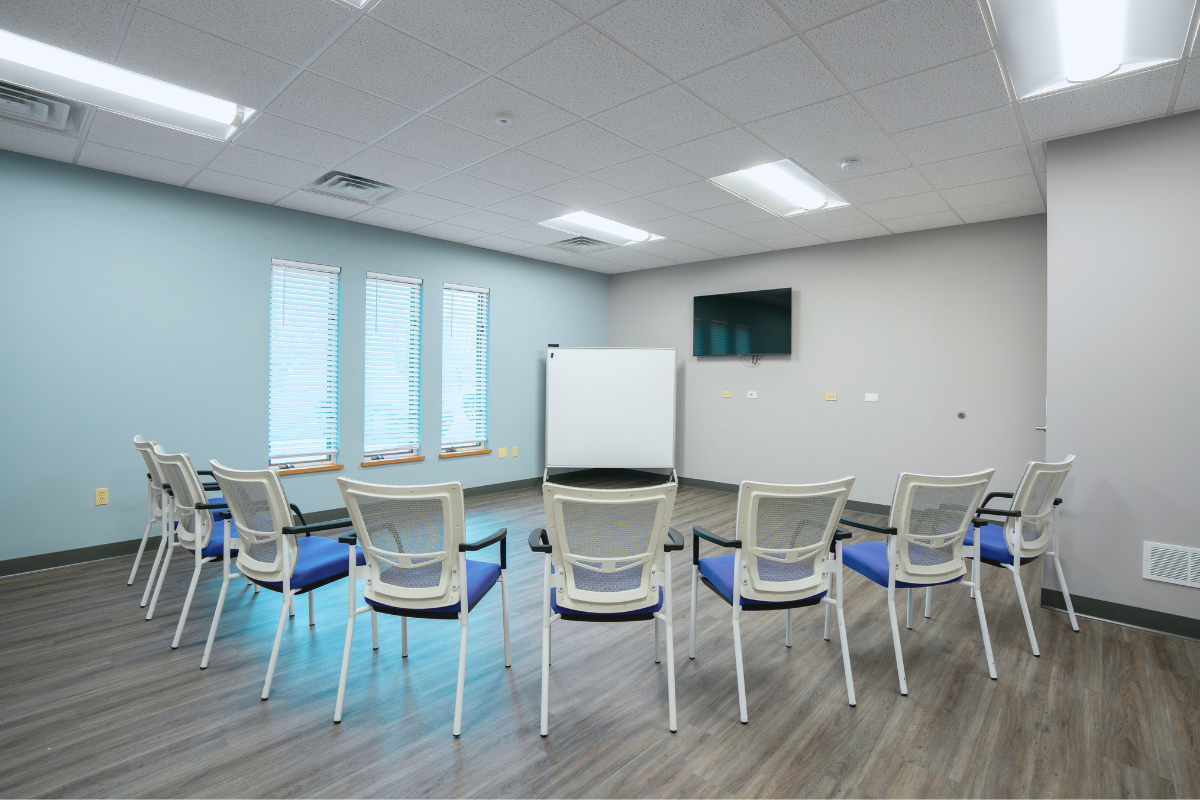Drug + Alcohol Addiction
Recovery from addiction is a personal journey. You deserve treatment and support that meets you where you are and helps you build a foundation for life in recovery.

Client-centered, evidence-based addiction treatment. Lifetime support in recovery.
STR Behavioral Health is a Joint Commission-accredited provider of medical detox and addiction treatment for drug and alcohol use disorders, serving Pennsylvania and surrounding areas.
Our commitment goes beyond helping you stop drinking or using drugs. While sobriety is crucial, it doesn’t lead to long-term recovery on its own. We focus on whole-person healing and empowering you to make meaningful changes so you can recover what matters most to you.
We create a safe environment where you can address the traumas and emotional pain you may be carrying. We provide the space and autonomy to express yourself authentically. We surround you with the tools, resources, and support you need to make connections, rediscover purpose, and find your path to lasting recovery.
Our Locations
With convenient locations across Pennsylvania, our facilities offer clients privacy and comfort as they navigate their treatment journey.
-

Silver Pines Detox + Residential
Medical detox and residential treatment for substance use disorder, alcohol use disorder, mental health disorders, and dual diagnosis.
-

Lehigh Valley Outpatient
PHP & IOP for mental health disorders, substance use disorders, and dual diagnosis.
-

Bucks County Outpatient + Housing
PHP and IOP for mental health disorders, substance use disorders, and dual diagnosis, with supportive housing options.
-

Lancaster Outpatient
Immersive outpatient treatment for addiction, mental health, and dual diagnosis in Pennsylvania.
Drug + Alcohol Addiction Treatment at STR
Who We Treat
Adults of all genders (18+)
Levels of Care
Medical detox, residential treatment, partial hospitalization program (PHP), intensive outpatient program (IOP), supportive housing
Payments Accepted
Commercial insurance, private pay
Medicare/Medicaid
Not accepted
Levels of Care
Our continuum of care supports dual-diagnosis clients at every stage, from medical detox and stabilization to residential treatment and immersive outpatient programs
Medical Detox
Medical detox that prioritizes your comfort, safety, and recovery.
Residential Treatment
24/7 supervision, support, and intensive daily treatment in a serene, non-hospital environment.
Partial Hospitalization
Program (PHP)
Structured daily treatment that allows for great personal independence.
Intensive Outpatient
Program (IOP)
Continued care with flexibility to accommodate work, school, and family responsibilities.
Supportive Housing
Safe, affordable, recovery-focused housing for clients in treatment.
What We Treat
Our specialized programs offer guidance, evidence-based care, and a supportive community to help you overcome addiction and reclaim your life.
Why choose STR for drug + alcohol addiction treatment?

One facility for both medical detox + rehab

Specialized detox protocols

24/7 food support with dietary accommodations

Multidisciplinary clinical team + staff

Medication-assisted treatment (MAT)

Dual diagnosis treatment for addiction + mental health
Take the next step toward healing. We’re here to support you every step of the way.